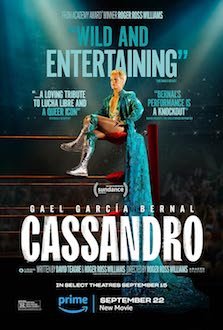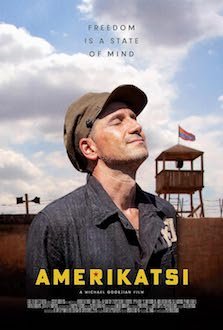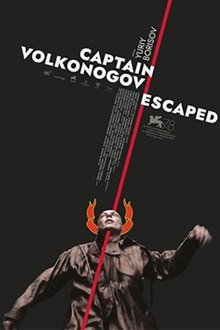Direction: Marco Bellocchio
Country: Italy
From Marco Bellocchio, the director of Fists in the Pocket (1965), Vincere (2009), and The Traitor (2019), comes Kidnapped, an exposé of a period in history when the Church wielded moral violence without responsibility or accountability to any authority. In this film, Bellocchio, without exceptional brilliance but with the socio-political edge that characterizes his works, portrays the true story of Edgardo Mortara (Enea Sala), a six-year-old Jewish boy who was forcibly taken from his family by Pope Pius IX (Paolo Pierobon) after rumors of a secret baptism. The film is set in 1858, and Edgardo's parents, Momolo (Fausto Russo Alesi) and Marianna (Barbara Ronchi), wage an inglorious battle to reclaim him. Even with the scandal of several such abductions becoming public and Rome being liberated, it's difficult to erase a lifetime of brainwashing.
There isn’t a moment that is not watchable but those moments could have added much more to the whole if better planned and executed. Despite needing a darker ambiance and more polished dialogue, the film is visually striking and well scored by the dramatic sounds of Fabio Massimo Capogrosso.
Kidnapped may require some patience from the audience as not offers a narrative that only dazzles intermittently. It’s a film centered on unanswered prayers, life-altering religious conversions, and soul-damaging submissions and humiliations, once again placing the Catholic Church at the center of criticism. Despite the formless ramble of its structure and the emotional distance that impairs some its scenes, the film tackles an interesting topic and features reasonably solid performances.








































